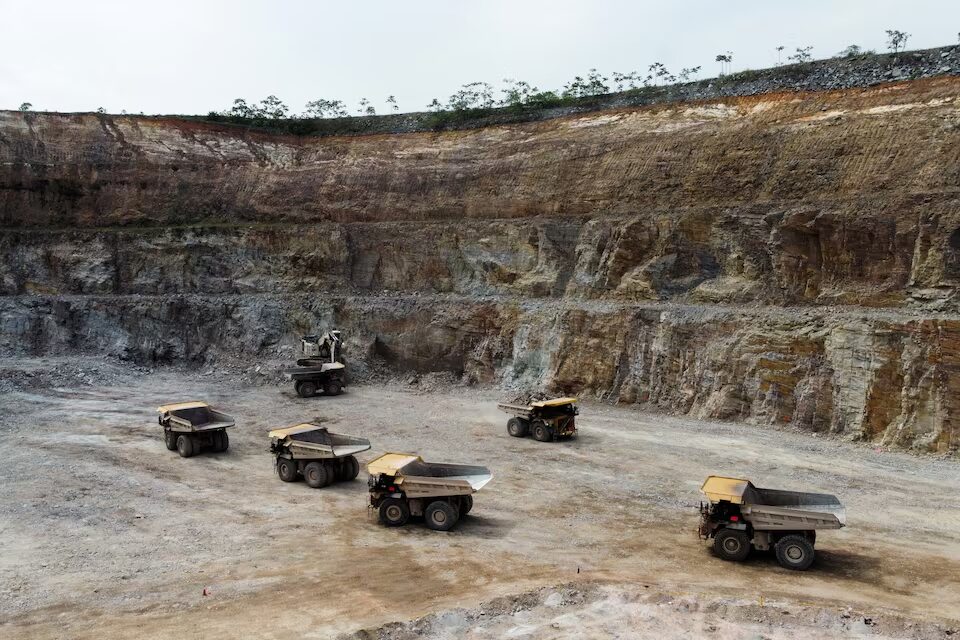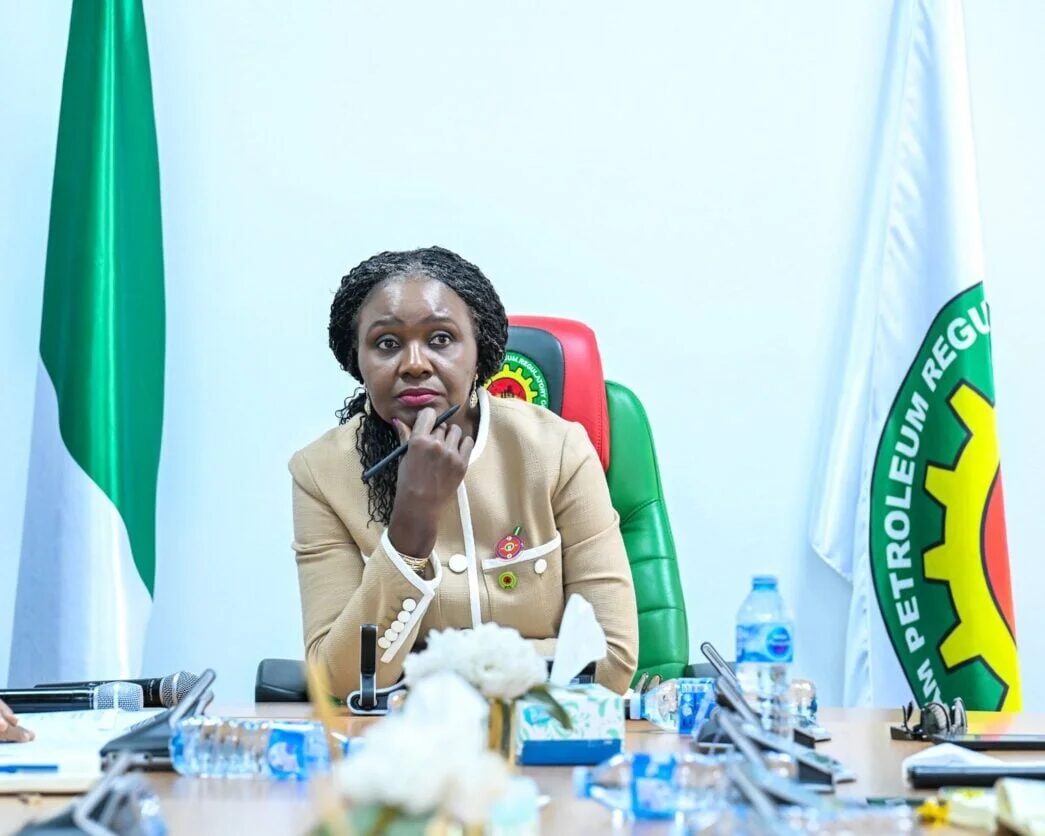
Friday 1st August 2025

By inAfrika Reporter
The African Development Bank launched its 2025 Country Focus Report for Burkina Faso in Ouagadougou on July 18, bringing together over 80 participants from across government, academia, the private sector, and international partners. The report is a national version of the African Economic Outlook and aims to guide public policy through targeted analysis of Burkina Faso’s economic trajectory. The event was chaired by Souleymane Nabolé, Technical Advisor representing the Minister of Economy and Finance, and featured a video message from Professor Kevin Urama, Chief Economist at the Bank.
The 2025 edition centers on the theme “Making Burkina Faso’s Capital Work Better for its Development.” The report acknowledges the country’s resilience amid persistent challenges including insecurity, humanitarian crises, and climate impacts. It offers a medium-term outlook and proposes strategic reforms for accelerating growth. While macroeconomic indicators show promise with a 2024 growth rate estimated at 5 percent—the report underscores the importance of maximizing the country’s existing capital base, including natural resources, human talent, entrepreneurial spirit, and financial assets.
Nabolé confirmed the government’s agreement with the report’s analysis. He stressed that to achieve significant social outcomes, Burkina Faso must transform its economy by building on its existing assets. The African Development Bank’s recommendations point to several key actions: increasing agricultural productivity, advancing agro-industrial development, enhancing mining revenues, strengthening tax collection, improving education and healthcare systems, and addressing illicit financial flows.
Abdoulaye Diop, President of the West African Economic and Monetary Union Commission, praised Burkina Faso’s tax ratio of nearly 19 percent, the highest within the Union. He emphasized the need to leverage this performance through improved governance and better coordination with development partners. Diop also applauded the Bank’s holistic approach, which addresses both macroeconomic and sectoral challenges.
Presentations at the event highlighted the urgency of mobilizing domestic resources to compensate for declining external aid and the need to unlock the country’s human and mineral capital to finance development. Improvements in tax and customs administration, as well as reforms in the judicial and forest management systems, were also identified as necessary steps.
Daniel Ndoye, the African Development Bank’s Country Manager, concluded the session by recognizing the high quality of engagement and alignment between the report’s proposals and Burkina Faso’s ongoing development strategies. Nabolé echoed this sentiment and reaffirmed the government’s appreciation for the Bank’s role as a trusted partner in national development.
The report sets a strategic direction for sustainable economic transformation. By focusing on the efficient utilization of national capital, Burkina Faso can position itself as a model for growth in the West African region despite its fragile context.


